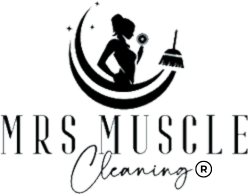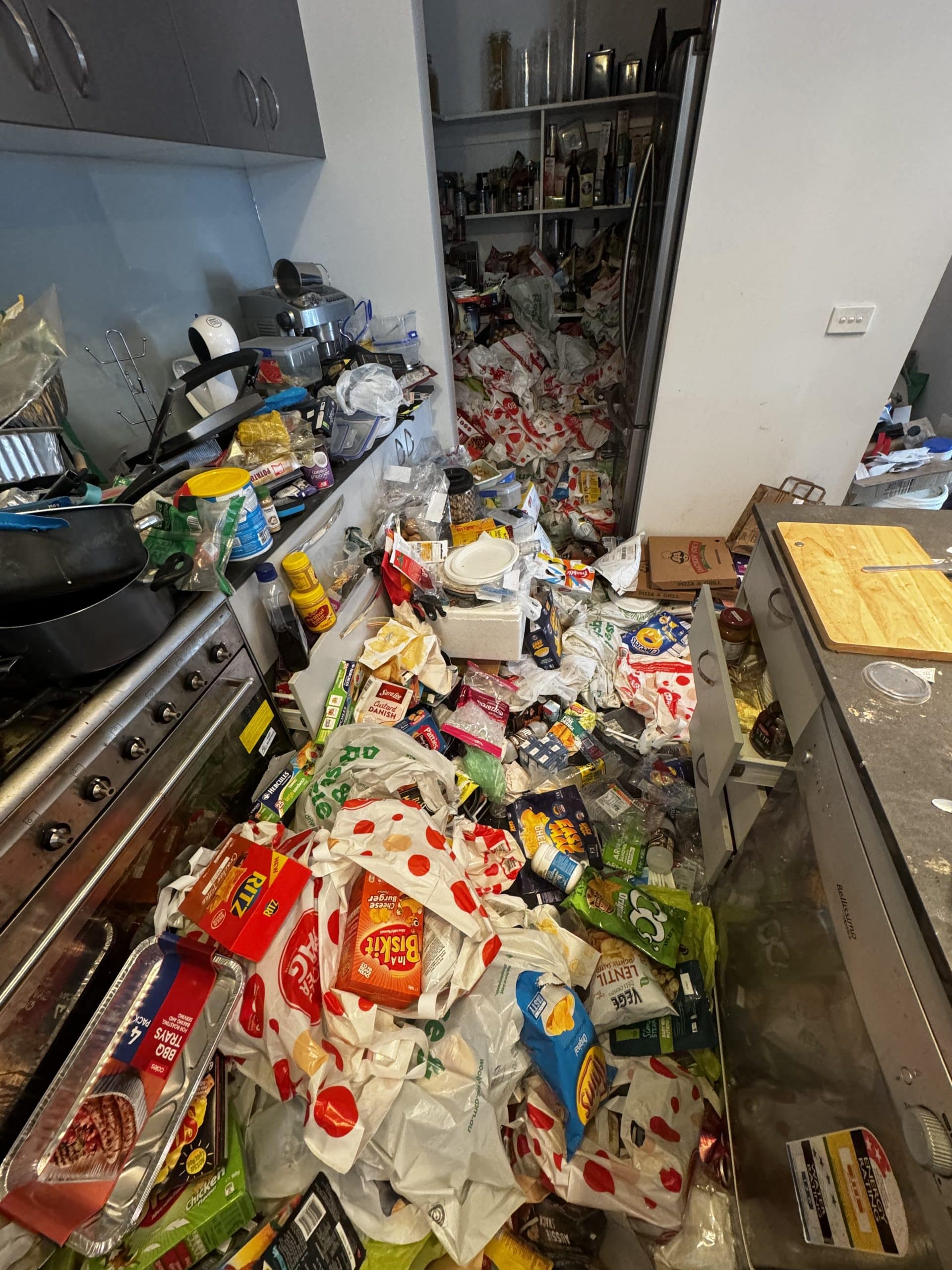What is Hoarding and Squalor?
Hoarding is the excessive acquisition of possessions and an inability to discard them, even when they have no value. Squalor describes a living environment that has become unsanitary due to neglect. These situations can often go hand-in-hand, but not always.
The Impact of Hoarding on Individuals and Their Environment:
A person struggling with hoarding may have immense difficulty discarding anything, even items with no apparent value. The mere thought of throwing things away can cause significant distress. This behaviour can significantly impact the hoarder’s daily life and the well-being of those around them.
Family and friends might become concerned because hoarding can make it challenging for the individual to take care of themselves. Basic necessities like cooking, bathing, or even sleeping in their own bed can become impossible due to the overwhelming clutter. Compulsively saving items can also pose safety risks. Excess clutter creates trip and fall hazards, while piles of flammable materials become fire dangers.
For renters, hoarding can lead to eviction notices due to potential property damage or code violations. Additionally, unsanitary conditions caused by excessive clutter create ideal breeding grounds for pests like mice and rats, potentially leading to complaints from neighbours.
Identifying Hoarding and Squalor:
- Clutter: Rooms become so filled with possessions that daily activities are difficult or impossible.
- Unsanitary conditions: Rubbish and dirt accumulate, leading to unpleasant odours and potential health hazards.
- Fire hazards: Piles of clutter can block exits and hinder access for emergency services.
- Animal neglect: Animals may be living in unsanitary conditions or without proper food and water.
Getting Help:
If you or someone you know is struggling with hoarding or squalor, it’s important to seek help. Here are some resources:
- Your GP: They can provide support and connect you with mental health professionals.
- Hoarding support organisations: These groups offer information, resources, and peer support for individuals and families dealing with hoarding.
- Professional cleaning companies: Companies like Mrs Muscle Cleaning specialise in cleaning these environments with compassion and understanding.
The Australian Government’s Shift to “Environmental Neglect”
The Australian government is now using the term “environmental neglect” to describe squalor situations. This shift aims to highlight the impact these conditions have on the living environment and the health and safety of occupants. The Department of Families, Affairs and Housing now uses ‘environmental neglect’ to describe what was known as ‘squalor’, to help promote respectful and productive service responses.
Mrs Muscle Cleaning: Cleaning with Compassion
At Mrs Muscle Cleaning, we understand the challenges associated with hoarding and squalor. We approach these situations with empathy and discretion, prioritising the safety and well-being of everyone involved. Our experienced cleaners are trained to handle delicate situations and work respectfully to restore a clean and healthy living environment.
If you’re struggling with hoarding or squalor, please don’t hesitate to reach out to Mrs Muscle Cleaning. We’re here to help you take the first step towards a healthier and safer home.





